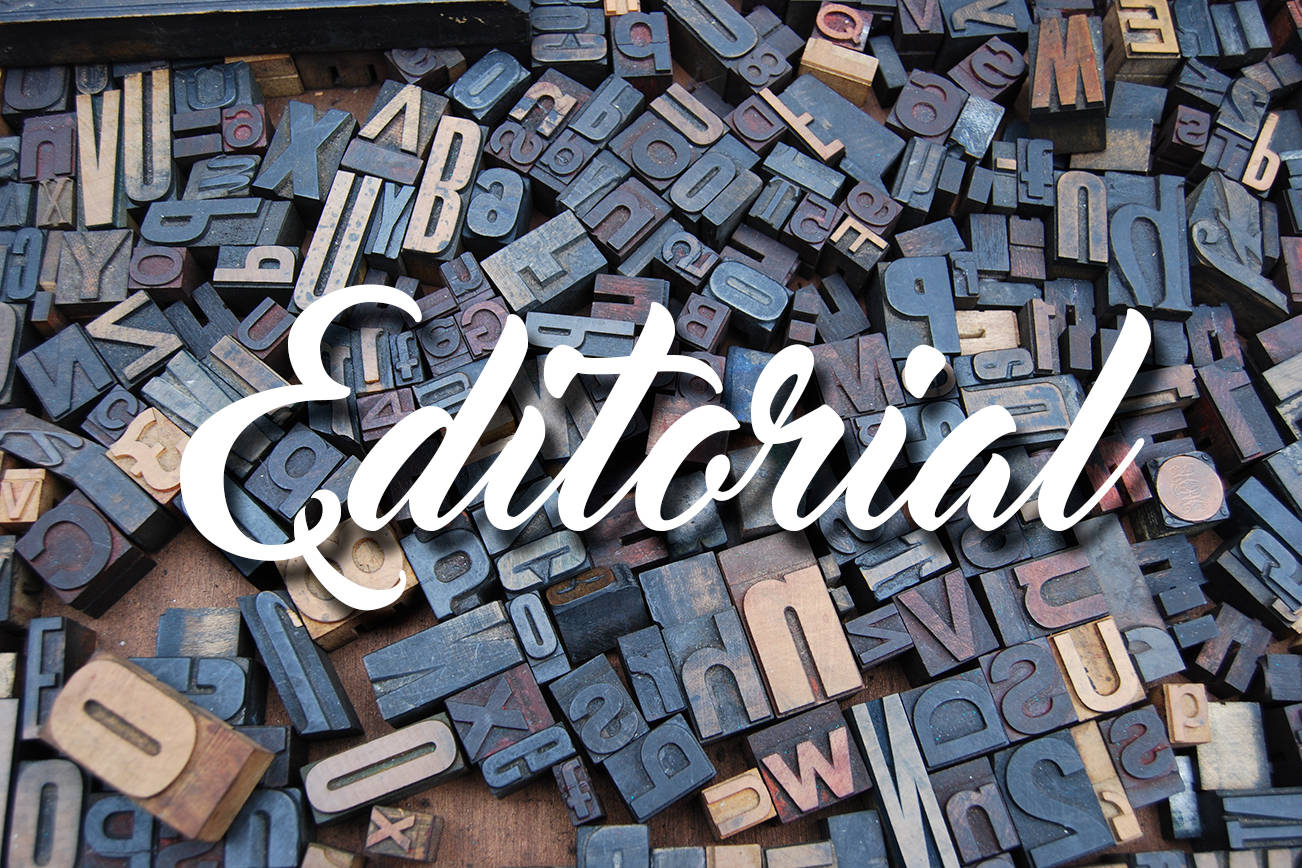The speed at which our life can change is breathtaking! Whether it’s the sudden death of a friend, a car accident, the loss of a job – in a heartbeat, our life (or the quality of it) can turn on a dime.
For me, that change occurred last summer when I noticed something unusual in my right breast.
In a matter of months, my life took a sharp turn toward the surreal. There I was, an aging feminist who more than once in her younger days swore that if ever diagnosed with breast cancer, I was going to keep my breasts! No male-dominated medical system was going to make a decision about MY body without discussion! No sir! Of course, 30 or 40 years ago even the suspicion of breast cancer could mean surgery that ended with the patient waking up to no breasts at all. Further, total, radical mastectomies often left women disfigured with no guarantee the cancer wouldn’t return.
Thankfully, research has dramatically advanced both the detection and the treatment of breast cancer. Today, we can learn the size and type of cancer before surgery is even considered. By sampling the lymph nodes, surgeons can determine whether the cancer has traveled beyond the tumor that may necessitate radiation treatment or chemotherapy. Women can choose various types of reconstruction or no reconstruction at all.
Now, we’re able to discuss alternatives, possible therapies and potential outcomes before surgery, making the entire process – and it is most assuredly a long, intimate and life-changing process – a little less frightening. However, a diagnosis of breast cancer puts us on a long, confusing, painful, humbling journey that will touch the deepest part of who we are as a woman.
Some background: I’ve been a feminist since I was exposed to a world beyond my white, middle-class, Catholic Midwestern upbringing. I graduated high school in the mid-1960s, grew to oppose the war and went to jail protesting the draft. I joined grape boycotts and marched for social justice.
Like many of my peers, the 60s were more than drugs, sex and rock ‘n roll (though they were most assuredly all that). They were years of assassinations, broken dreams, riots in the streets, marches, and demonstrations in the nation’s capital.
They were also the early years of birth control, of Roe v Wade and growing dissatisfaction with perceived societal roles. Some of us threw off our bras in protest, while many of us worked to counter a cultural stereotype of what it meant to be woman – realizing and then believing – that we were always more than our bodies; that our breast size did not define us. Body image is a funny thing, isn’t it? Fortunately, by the time I reached 71, I pretty much came to terms with my big-boned self.
Then I became a statistic.
For anyone who has been down this path, it’s a pretty scary journey. For a single woman on an island, it can present a serious challenge.
According to breastcancer.org, the most significant risk factors for breast cancer include being female and growing older; that slightly more than 80 percent of breast cancers are diagnosed in women over 50; and that as of January 2019, more than 3.1 million women in the United States have a history of breast cancer.
These days, I shuttle back and forth between the Seattle Cancer Care Alliance and UW Medical Center. I’m in the process of reconstruction that, according to my plastic surgeon, can take as long as nine months. Most days are good days, but the realization that my life has been irrevocably changed is never far from every waking moment.
I never thought I would get cancer, any kind. I should have known better. My mother, her sister and one of mine were diagnosed with breast cancer. Still, the realization that I am part of that familial club still takes getting used to. Reconstruction takes getting used to. And grieving the loss of a part of me has been an intimate struggle.
Is there a bright side to all this? Absolutely! Because of my history, I’m participating in a research study which may (ultimately) identify another genetic marker in the identification of the disease. And I’m sharing my story in the hopes that other women are empowered to stay on top of their health, and in tune with their bodies.
We don’t need any more statistics.



